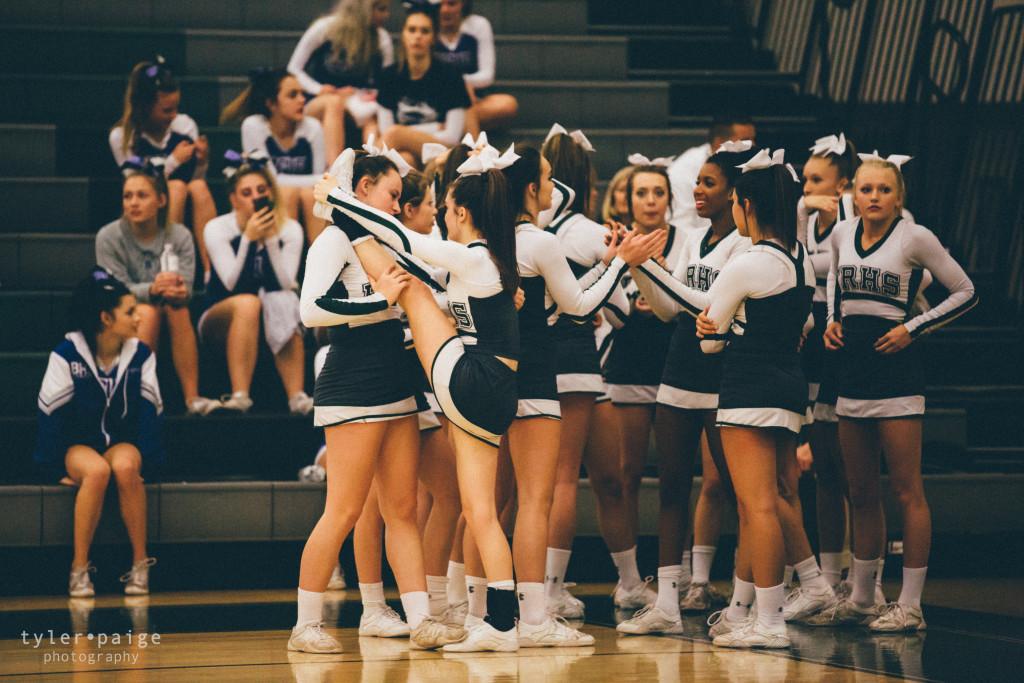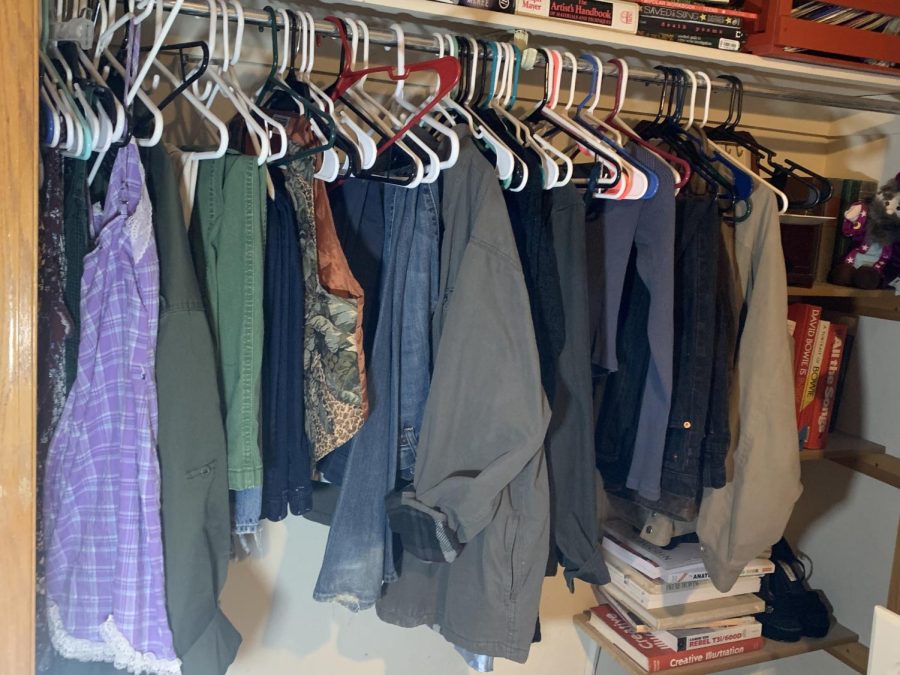For many of us high schoolers, being in social situations can be scary and intimidating. When we are with people that we don’t know very well we experience the fear of unpredictability, a loss of control over what is going on in our situation. We fear judgment, and what our peers think of us. Am I accepted? Am I weird? Have people heard things about me that I don’t know?
According to Meg Griffin, Fossil Ridge High School psychologist, social anxiety is “anxiety that is brought on from social or public situations,”. People with social anxiety will worry and experience immense stress over having to be in an environment with other people. They fear judgement, and what their peers think of them. While this sounds like something experienced by many teenagers, for people with social anxiety, the discomfort of the anxiety, which is persistent and ever present, actually puts their relationships at stake if they chose to completely cut off all contact with other people.
How is social anxiety any different from being shy? Ms. Griffin explains that shyness, “is an issue of adjustment or acclimation to something,” meaning that overtime, a person who is shy will grow accustomed to the situation and the people in it, and therefore won’t feel as awkward in the new environment. However, if you have social anxiety, over time there is no gradual adjustment to the environment and the discomfort stays the same.
Like all anxiety disorders, the severity of the condition depends on a person by person basis. Where some people may be able to withstand a certain amount of social exposure under anxiety, another may not be able to leave their room because they are so afraid of meeting a person face to face. Avoidance, once again, only puts off the inevitable confrontation that a person will have with their fear. The more that they avoid the fear, the higher the anxiety of having to actually confront it.
Relief for any anxiety disorder can come in the form of therapy, where a one-on-one conversation with a therapist can help the patient identify where the anxiety has come from, as well as helping them to make small steps towards exposing themselves to a social environment. In psychology, this process of exposing oneself to an anxiety provoking environment is called systematic desensitization. Some socially anxious people may find that their first step is to go into a social environment that they can personally manipulate. Take a park for example, in this situation an “escape route” can be made because the person could easily choose to get in their car and drive away if the situation is causing too much anxiety.
Mrs. Griffin recommends identifying coping mechanisms such as positive self talk, “a mantra, something that you can tell yourself over and over again,”. This positive self talk should build the awareness within oneself and increase the personal power that makes one feel like they are able of stopping the negative thoughts before they come. However, with therapy, the work that is made by the therapist and patient is only successful if the patient is willing to cooperate. The patient can develop coping mechanisms and discuss personal issues, but without actually doing what is discussed in therapy, progress won’t happen.
For us teenagers, we are constantly bombarded with social expectations and pressure from our peers.We question our place in the “social hierarchy” that is evident in high school environments and try to change our interests, friends, and even personality to try and fit in. Yet it is crazy to imagine that someone could feel like they physically couldn’t be in an environment because of something as simple as anxiety. In a world that seems to be growing more connected by the minute via social media, is social anxiety an inevitable development for teens in our world?





















